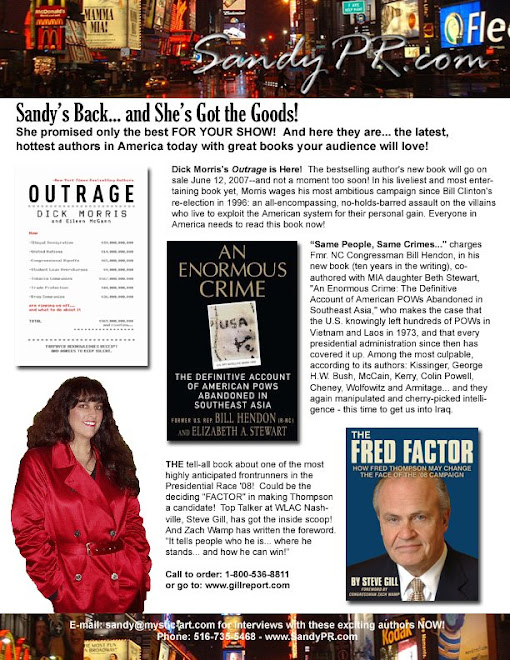Islam without Extremes: A Muslim Case for Liberty
By Mustafa Akyol
"A very powerful and important book which deals with how some Muslims improperly use archaic Shariah laws and others to justify violence." --Rita Cosby
"A delightfully original take on Turkey and on the prospects for liberal democracy in the broader Islamic Middle East." --Wall Street Journal
Since 9/11, much has been written about "moderate Islam." But few authors have really discussed the question that is at the heart of the debate: Can Islam be compatible with individual liberty and a free society? Turkish writer Mustafa Akyol, "a pious Muslim and a classical liberal," as the Wall Street Journal called him, argues that the answer can be "yes."
In Islam without Extremes: A Muslim Case for Liberty, Akyol acknowledges that the Islamic world is rife with authoritarian regimes and illiberal attitudes. But he argues that not all of these problems come directly from Islam, and those who do so can be overcome by reforming Islamic law and culture in a way that will remain true to fundamentals of the faith.
In this 350-page tour de force, Akyol first shows how Islamic thought evolved in history, and how liberty, which had its place in Islam, gradually lost to tyranny. The years following Muhammad's passing in 632 AD, he explains, saw an intellectual "war of ideas" rage between rationalist, flexible schools of Islam and the more dogmatic, rigid ones. The traditionalist school won out, fostering perceptions of Islam as antithetical to modernity.
However, through his careful reexamination of the currents of Muslim thought, Akyol discovers a flourishing of liberalism in the nineteenth century Ottoman Empire and the unique "Islamo-liberal synthesis" of present-day Turkey. Only by accepting a secular state, he powerfully asserts, can Islamic societies thrive. Only by accepting "the freedom to sin," and "freedom from Islam," he says Muslims will prove to be confident in their faith.
Persuasive and inspiring, Islam without Extremes offers a desperately needed intellectual basis for the reconcilability of Islam and religious, political, economic, and social freedoms.
In this 350-page tour de force, Akyol first shows how Islamic thought evolved in history, and how liberty, which had its place in Islam, gradually lost to tyranny. The years following Muhammad's passing in 632 AD, he explains, saw an intellectual "war of ideas" rage between rationalist, flexible schools of Islam and the more dogmatic, rigid ones. The traditionalist school won out, fostering perceptions of Islam as antithetical to modernity.
However, through his careful reexamination of the currents of Muslim thought, Akyol discovers a flourishing of liberalism in the nineteenth century Ottoman Empire and the unique "Islamo-liberal synthesis" of present-day Turkey. Only by accepting a secular state, he powerfully asserts, can Islamic societies thrive. Only by accepting "the freedom to sin," and "freedom from Islam," he says Muslims will prove to be confident in their faith.
Persuasive and inspiring, Islam without Extremes offers a desperately needed intellectual basis for the reconcilability of Islam and religious, political, economic, and social freedoms.
"Mr Akyol is an advocate of reconciliation between Muslims and the West [and] is much in demand at conferences on the future of Islam." --The Economist
About the Author: Mustafa Akyol is a columnist for two Turkish newspapers: Hurriyet Daily News and Star. His articles have also appeared in Foreign Affairs, Newsweek, Washington Post and Wall Street Journal. He studied political science and history at the Bogazici University in Istanbul, where he still lives.







No comments:
Post a Comment